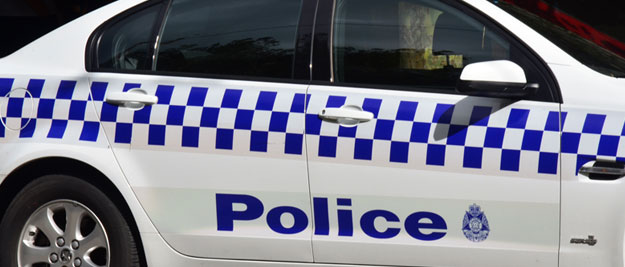Fines and Penalty Units in NSW

What is a fine?
A fine is an amount of money made payable (usually to a Government body) as a result of an infringement. Quite often a fine will be imposed by way of a Penalty Notice, or if you attend Court, by a judge or magistrate. In NSW the State Debt Recovery Office (SDRO) is responsible for collecting and administering fines. These fines may be issued by government agencies or bodies such as the RMS or councils. The SDRO is also responsible for the enforcement and collection of fines.
Penalty units
What is a penalty unit?
A fine is referred to in the legislation for an offence by reference to "penalty units" rather than a monetary amount. A penalty unit is defined in s 17 of the Crimes (Sentencing and Procedure) Act 1999 (NSW).
A penalty unit is a number used to equate one unit to a monetary amount. A fine is calculated by reference to a number of penalty units multiplied by the dollar amount per unit. For example if an offence attracts a penalty of 20 penalty units, in NSW this would equate to 20 x $110 which = $2,200.

What offences attract fines?
A fine is available to be imposed whenever penalty units are noted as applying to an offence. The most common offences for which people will have a fine imposed are traffic offences like speeding and drink driving, and other offences such as larceny and drug offences.
Under section 15 of the Crimes (Sentencing and Procedure) Act 1999 (NSW), a fine may be imposed by the Court for an indictable offence as well as or instead of other penalties such as imprisonment, an intensive correction order or community service orders.
The amount of a fine is determined by penalty units – however if an offence is under the common law, or for an indictable offence, the fine is not fixed, however case law suggests that it ought not be excessive. If a fine is not mandatory a Court has the discretion to impose a lesser fine.
What should I do if I receive a Penalty Notice?
If you receive a Penalty Notice for a traffic infringement, like speeding or running a red light – either from a camera, or by the Police, there are a few options open to you. Do not ignore a Penalty Notice. You could be charged additional fees and if you continue to ignore it, will subsequently be issued with an Enforcement Order. You may wish to:
- 1. Pay the fine
- 2. Seek a review by the Office of State Revenue: State Debt Recovery Office (SDRO)
- 3. Execute a Statutory Declaration (not if you are booked by a Police Officer)
- 4. Take the matter to Court
If you know that someone else was driving your car at the time of the infringement, you can elect to make a Statutory Declaration to that effect. This is a legal document that swears or affirms what you are trying to say happened. It must conform to certain requirements and there are prescribed witnesses who must witness this document, a Lawyer can do this for you. If you make a Statutory Declaration, the other person will ultimately be issued a Penalty Notice for the incident in question. You must do this for infringements that attract demerit points.
Finally, there is always the option to challenge the Penalty Notice in Court. This may be to challenge a potential licence suspension. A lawyer will be well positioned to advise you as to whether this is a good option, and can assist you with the Court process.
If you have received a Penalty Notice and are unsure as to how to proceed, we can help you. Contact us on 1300 148 110 to make an appointment to see a Solicitor.